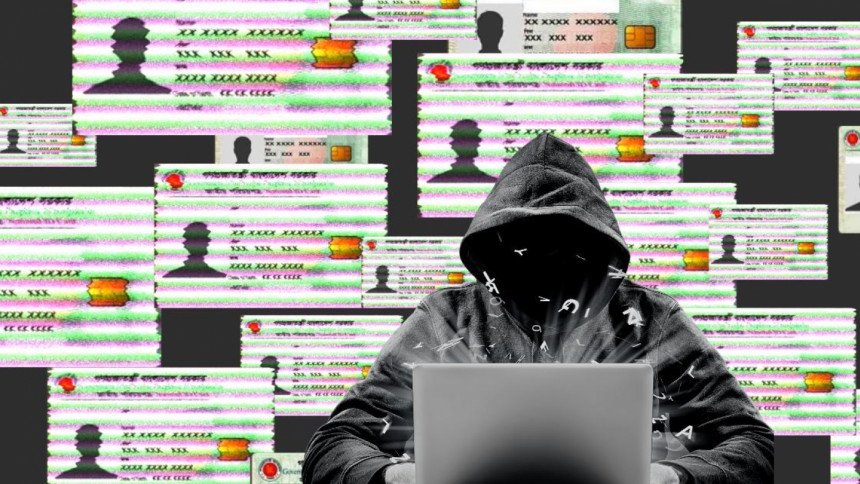In today’s digital age, safeguarding your information is crucial, and following Jewish computer security tips can play a significant role in protecting sensitive data from cyber threats. As technology advances, so do the tactics of cybercriminals. Therefore, implementing effective security measures is essential for maintaining the integrity and confidentiality of your digital assets. This article offers practical Jewish computer security tips to help you secure your digital environment and minimize risks.
Understanding the Importance of Computer Security
The Need for Robust Security Measures
As you implement Jewish computer security tips, it’s important to recognize the need for robust security measures. Cyber threats such as phishing attacks, ransomware, and malware can compromise your data and disrupt your operations. Therefore, investing in strong security practices is crucial for safeguarding your information and ensuring the continuity of your digital activities.
Potential Risks and Vulnerabilities
Understanding potential risks and vulnerabilities is key to applying effective Jewish computer security tips. Common vulnerabilities include weak passwords, outdated software, and insecure network connections. By identifying these weaknesses, you can address them proactively and enhance your overall security posture.

Implementing Essential Security Practices
Use Strong and Unique Passwords
One of the fundamental Jewish computer security tips is to use strong and unique passwords for each of your accounts. Passwords should be complex, incorporating a mix of letters, numbers, and symbols. Avoid using easily guessable information, such as birthdays or common words.
Furthermore, consider using a password manager to securely store and manage your passwords. A password manager can generate strong passwords and automatically fill them in for you, reducing the risk of password-related breaches.
Regularly Update Software and Systems
Keeping your software and systems up-to-date is another crucial aspect of Jewish computer security tips. Software updates often include security patches that address known vulnerabilities. By regularly installing updates, you protect your systems from potential exploits and ensure that you are using the latest security features.
Additionally, enable automatic updates whenever possible to ensure that your software remains current without requiring manual intervention.
Implement Multi-Factor Authentication
Multi-factor authentication (MFA) is a highly effective security measure and one of the best Jewish computer security tips you can follow. MFA adds an extra layer of protection by requiring users to provide additional verification, such as a code sent to their phone or an authentication app.
By enabling MFA, you significantly reduce the likelihood of unauthorized access to your accounts and sensitive information, even if your password is compromised.
Enhancing Security Through Awareness and Training
Educate Users on Security Best Practices
Another important aspect of Jewish computer security tips is educating users about security best practices. Conduct regular training sessions to inform users about common threats, safe browsing habits, and proper data handling procedures.
Awareness training can help users recognize phishing attempts, avoid suspicious links, and understand the importance of maintaining strong passwords. This proactive approach reduces the risk of human error and enhances overall security.
Implement Regular Security Audits
Conducting regular security audits is an essential practice within Jewish computer security tips. Security audits involve reviewing and assessing your current security measures, identifying potential vulnerabilities, and implementing improvements as needed.
Regular audits help ensure that your security practices remain effective and that any new risks are addressed promptly. Consider engaging a professional security consultant to conduct thorough audits and provide expert recommendations.
Conclusion
In conclusion, following Jewish computer security tips is crucial for protecting your digital assets and ensuring the safety of your information. By implementing strong passwords, keeping software updated, enabling multi-factor authentication, and educating users, you can significantly enhance your computer security. Regular security audits and staying informed about the latest threats will further strengthen your defenses and reduce the risk of cyber incidents. Embracing these practices will help safeguard your digital environment and maintain the integrity of your valuable data.




